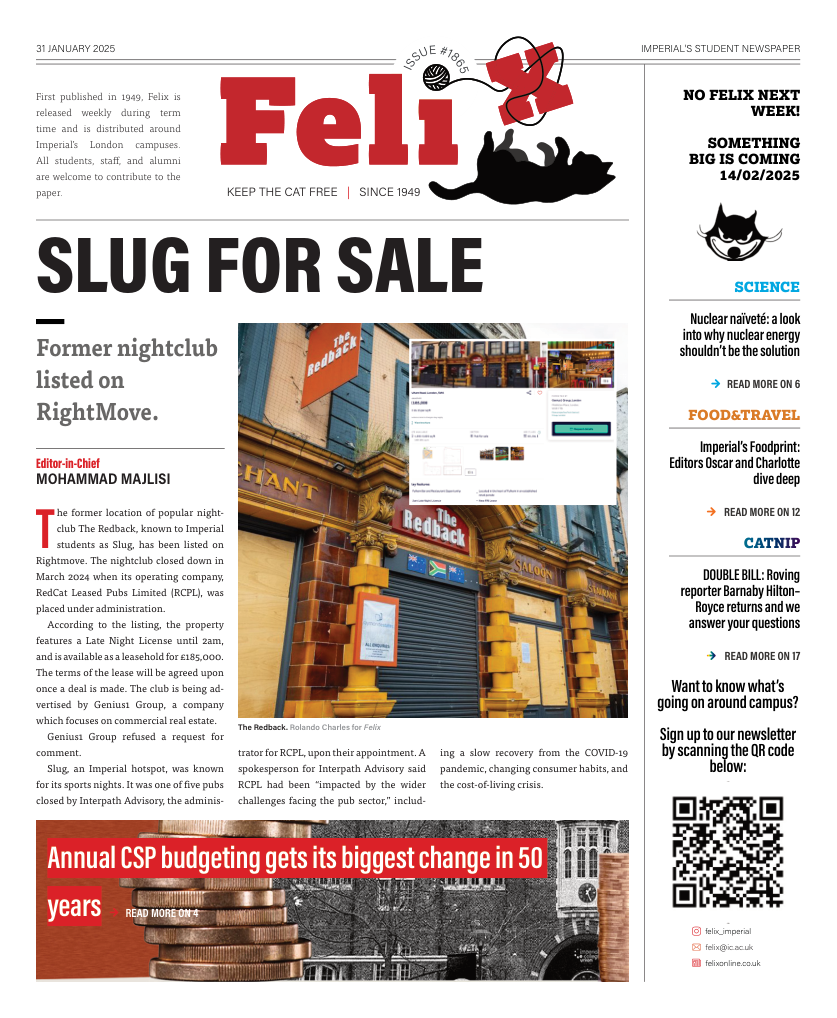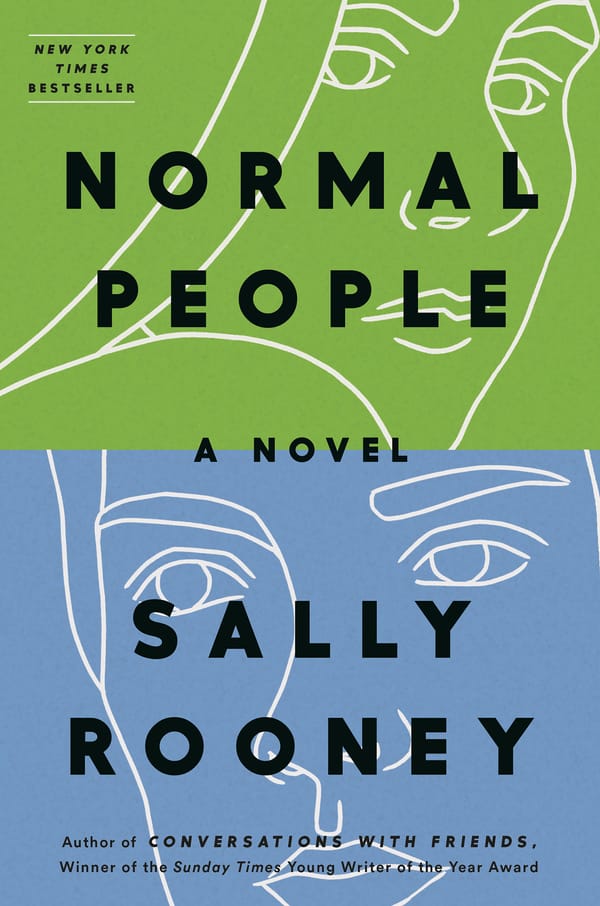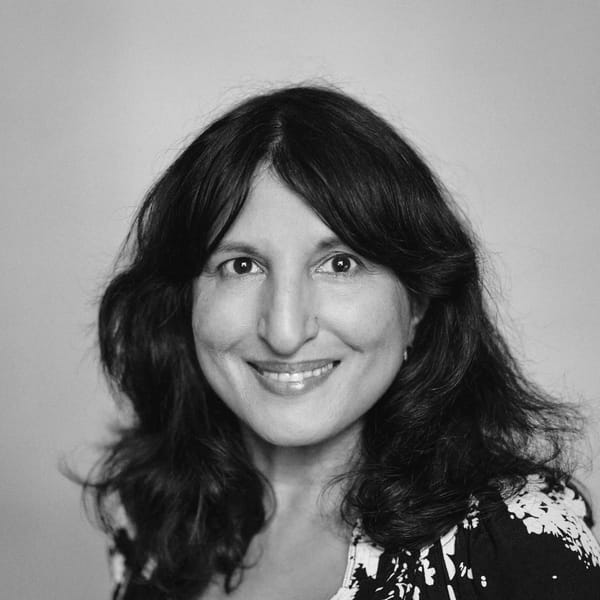On annotating books
The sweet intimacy of reading someone else's thoughts
There's a fundamental struggle when reading a clawingly good book you can't put down: the desire to preserve moments of epiphany versus allowing them to flow, whole and untarnished by the act of remembering.
When a line or paragraph resonates deeply with me, I'm often moved to capture it. Scribble my fragment of thought; the flash of insight; a reflection of my emotional state at a particular instant. It's an attempt to seize the profound meaning that words somehow create, in the fleeting moment the letters suddenly come together to make sense.
There are also times when I am too absorbed in the book to even consider making an annotation. In a trance-like state, reaching for a pen fractures the serenity of reading during a sprint to consume as much as you can, as fast as you can. Other times, the act of extracting meaning from the book can feel contrived, almost diminishing the joy of the moment.
I'm currently reading an annotated book. The notes and markups though not written for me—create a real intimacy. A second lens; a dialogue between the reader, text, and annotator. Much like a story within a story. The annotator gets to leave their own voice on the pages.
It's my meaning against theirs. What I deem important against what they deem important. I pause where they paused, I ponder and interpret their thoughts, and I imagine who they annotated the book for, if not themselves. There is something so pure, unsullied, and sweet, about it all: a silent gift that exceeds time, creating an infinite conversation.








